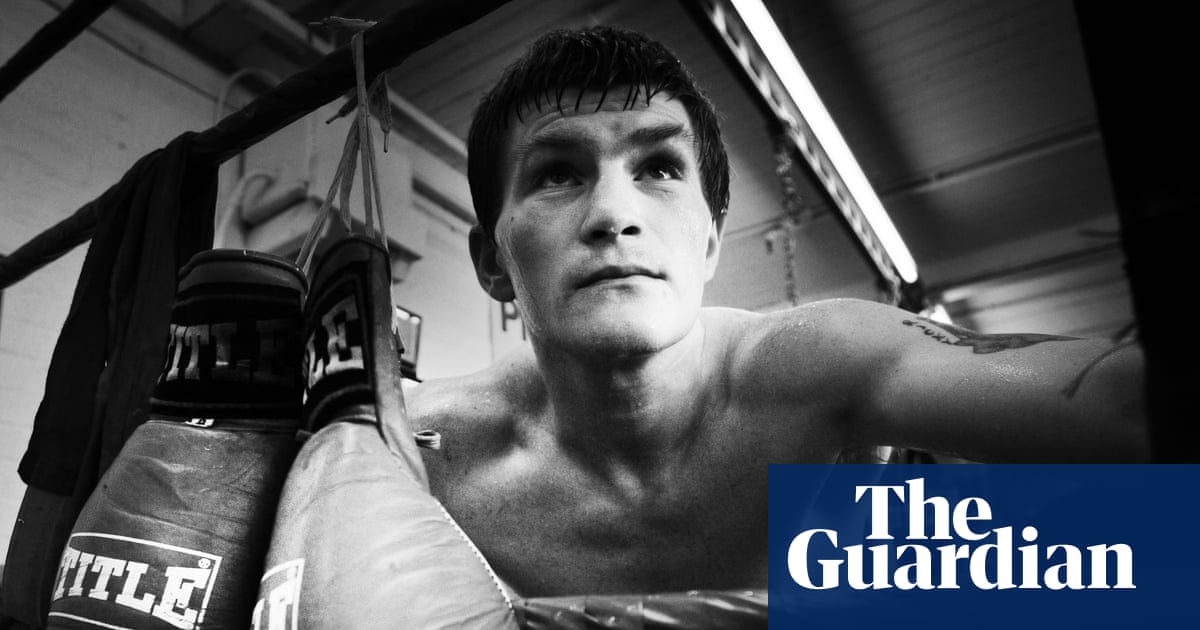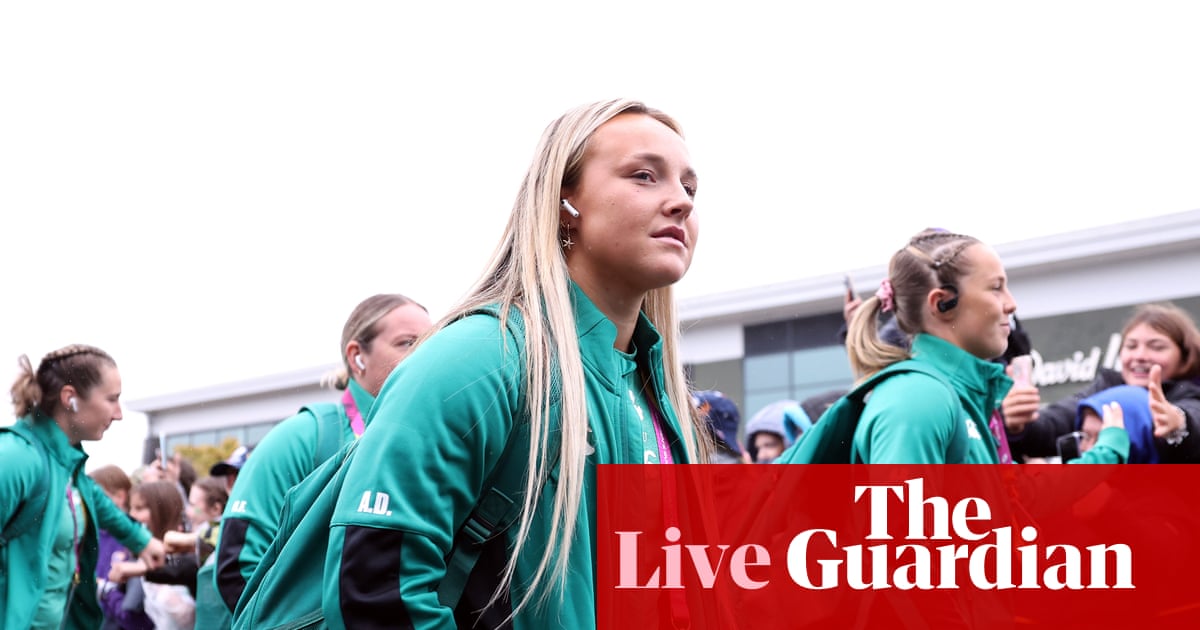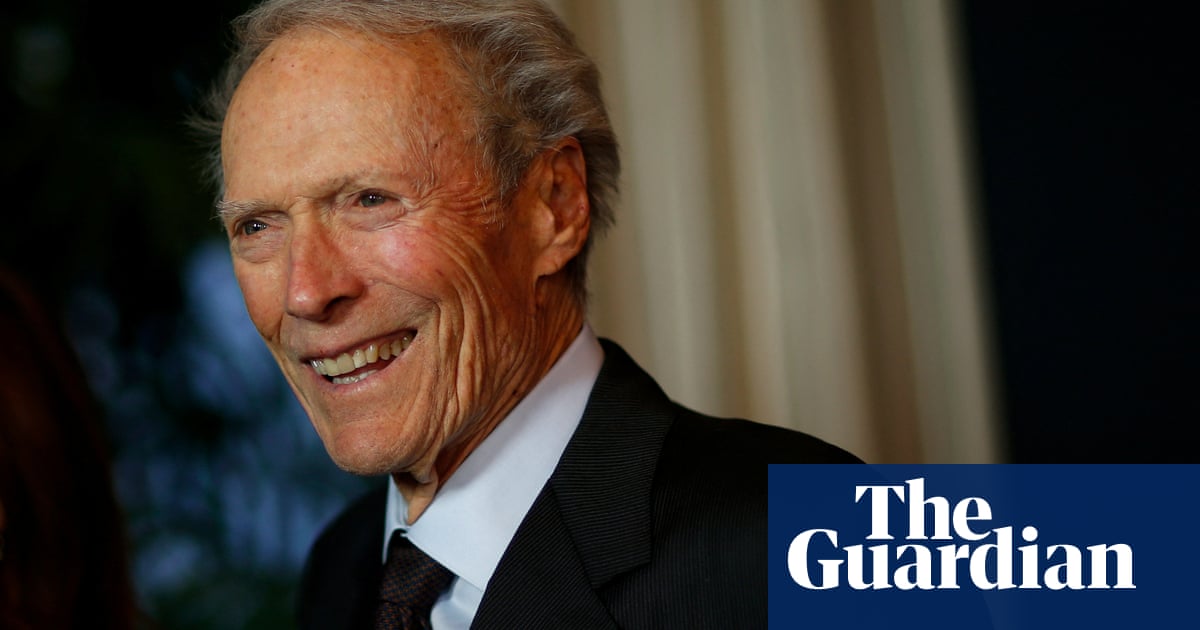The Wallabies have got their 2025 season off to a victorious start and struck a crucial blow in the quest to win the 2027 World Cup at home with a tense 21-18 triumph over Fiji in Newcastle.
The 79th minute shading of their fierce south Pacific rivals ignites Australia’s hopes ahead of the first Test against the British & Irish Lions in Brisbane on 19 July.
The result was only decided by a late try by captain Harry Wilson but buries the demons left by the Flying Fijians’ cataclysmic defeat of Australia at the 2023 World Cup. It also sends a warning shot to the world that Joe Schmidt’s rebuilding side are again a force to be reckoned with.
Dave Porecki, who was captain in that 19-23 defeat at Saint-Étienne, started the exorcism. The tough hooker was returning from a 643-day injury exile and he lit up McDonald Jones Stadium by crashing over from a rolling maul in the fifth minute. It was just reward for an electric start by the Wallabies, as hard running by the forwards and fast hands by the backline sent early disarray into the Fijian defensive patterns.
Inspired by the Waratahs’ brave showing against the British & Irish Lions on Saturday night, the Wallabies brought physicality with finesse, stealing lineouts and scavenging ball on the ground. All the while they showed a willingness to kick long and short while chasing like greyhounds. This was the high speed, high risk, high reward style that shocked England at Twickenham on the Spring Tour last year.
At times it was too frantic, a forward pass scratching a Harry Potter try in the 16th minute. But the tempo pinned the Fijians in their own territory for much of the first half. Still, with 80% of the ball, Australia’s dominance didn’t show on a scoreboard stalled at 7-0. Too often they kicked away possession and spilled fast passes. Pedantic refereeing by Frenchman Pierre Brousset also hampered the contest’s flow.
It took 38 minutes for Australia to make good on the glut of possession, fast hands by Len Ikitau and Joseph-Aukuso Suaalii spearing flanker Fraser McReight into the corner. However the two-try margin lasted just seconds. Fiji swooped on a loose ball and pin-balled it 60-metres for Salesi Rayasi to scramble over in the corner for 14-5.

Having stifled the flair of Fiji’s running game, the late lapse infuriated home fans. Yet it lit up the huge contingent of visiting vuvale (family) who had cheered the Cibi war dance after Australian prime minister Anthony Albanese and his Fijian counterpart Sitiveni Rabuka, a former Test front-rower, presented the Vuvale Bowl up for grabs.
Sure enough, the Fijians came out for the second half breathing fire. Only desperate defence by Australia’s loose forwards and handling errors cruelled their comeback. The Wallabies too were guilty of over-playing their hand in counterattack, another needless forward pass scrubbing Max Jorgensen’s diving try in the 48th minute.
after newsletter promotion
It was a costly show of hubris. Fiji’s brand of rugby is based on rip and tear footy in broken space. Jiuta Wainiqolo proved it when he scooped up another loose pass and sprinted downfield before basketball passing to Lekima Tagitagivalu to score. With a conversion from the sideline, Fiji had snatched a 15-14 lead with 25 minutes to play.
Another try from broken play made it 20-14 before the TMO spared the home side. But with crucial World Cup ranking points in play, Schmidt must’ve broken a cold sweat that turned even chillier when Noah Lolesio was tackled heavily and stretchered off. A penalty goal in the 68th minute extended Fiji’s advantage to four points.
But Wilson’s late charge, with a minute on the clock, secured the win and furthered Australia’s reputation as a never-say-die side. It also furthered the claims of fringe Test players Tate McDermott, superb at halfback, and winger Jorgensen, returning from a 14-week layoff while gilding the reputation of Ikitau and Suaali as a threat to counter the Lions monster midfield.

 2 months ago
33
2 months ago
33

















































